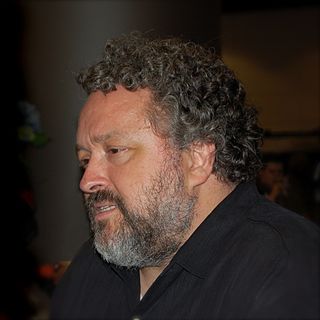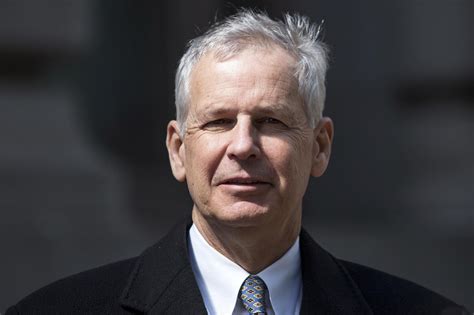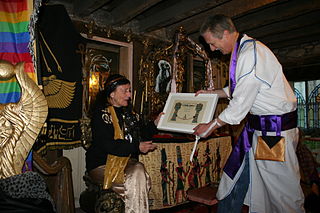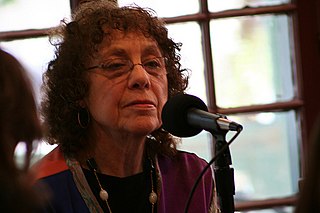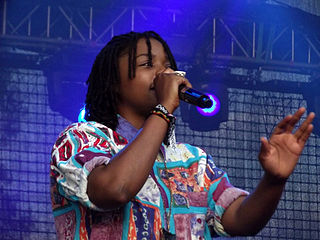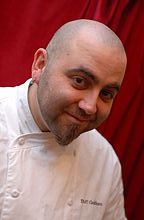A Quote by Bruce Mau
The wrong answer is the right answer in search of a different question.
Related Quotes
To be a scientist you have to be willing to live with uncertainty for a long time. Research scientists begin with a question and they take a decade or two to find an answer. Then the answer they get may not even answer the question they thought it would. You have to have a supple enough mind to be open to the possibility that the answer sometimes precedes the question itself.
I never buy anything unless I can fill out on a piece of paper my reasons. I may be wrong, but I would know the answer to that ...I'm paying $32 billion today for the Coca Cola Company because... If you can't answer that question, you shouldn't buy it. If you can answer that question, and you do it a few times, you'll make a lot of money.
Wisdom is the ability to read between the lines, listen out for messages that the universe gives us. I've been taught that that is true knowledge and that is completely different to the way we are programmed to learn. We are trained to be able to put the right answer with the right question. We don't really have to know the answer.
